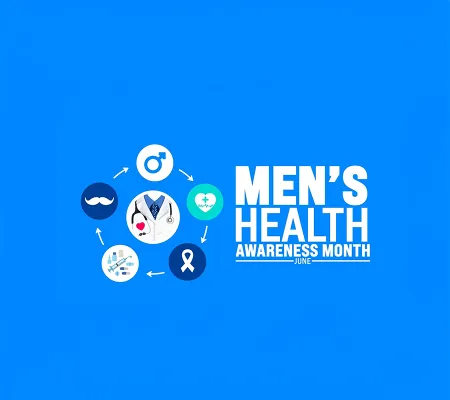Mental health also deserves attention. Men are less likely to seek help for depression or anxiety. They are also four times more likely to die by suicide than women. Building resilience, finding support, and talking openly about mental wellness can be life-saving.
You don’t need to overhaul everything at once — health is a lifelong journey. But the earlier and more consistently you invest in yourself, the more you stand to gain. Here’s how to start at each stage of adulthood.


